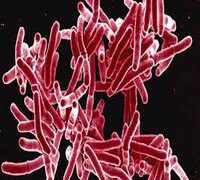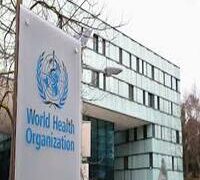While protein is considered a critical part of the processes that give energy, carry oxygen throughout and essentially, the building block of life, specialists have warned that eating excess protein for a prolonged period can place a burden on the kidneys, liver and bones, and capable of increasing risk factors for cardiovascular diseases and cancer.
According to them, although high-protein diets are popular for weight loss and in the management of type 2 diabetes, evidence suggests that worsening renal function may occur in individuals with or without impaired kidney function.
They held that high dietary protein intake can cause intraglomerular hypertension, which may result in kidney hyperfiltration, glomerular injury, and proteinuria, which are serious medical conditions.
A Consultant Cardiologist at the University of Abuja, Nigeria, Dr. Augustine Odili, said those with liver conditions may be required to limit their protein intakes as it may adversely affect their health.
While alluding to the belief in some quarters that excess protein may be harmful to the body, the National President of the Nigerian Cardiac Society said, “We overstretched things beyond their scope of relevance. At what point will you say that protein is excess? Many of us in this part of the world may not have the required quantity of protein intake.





































